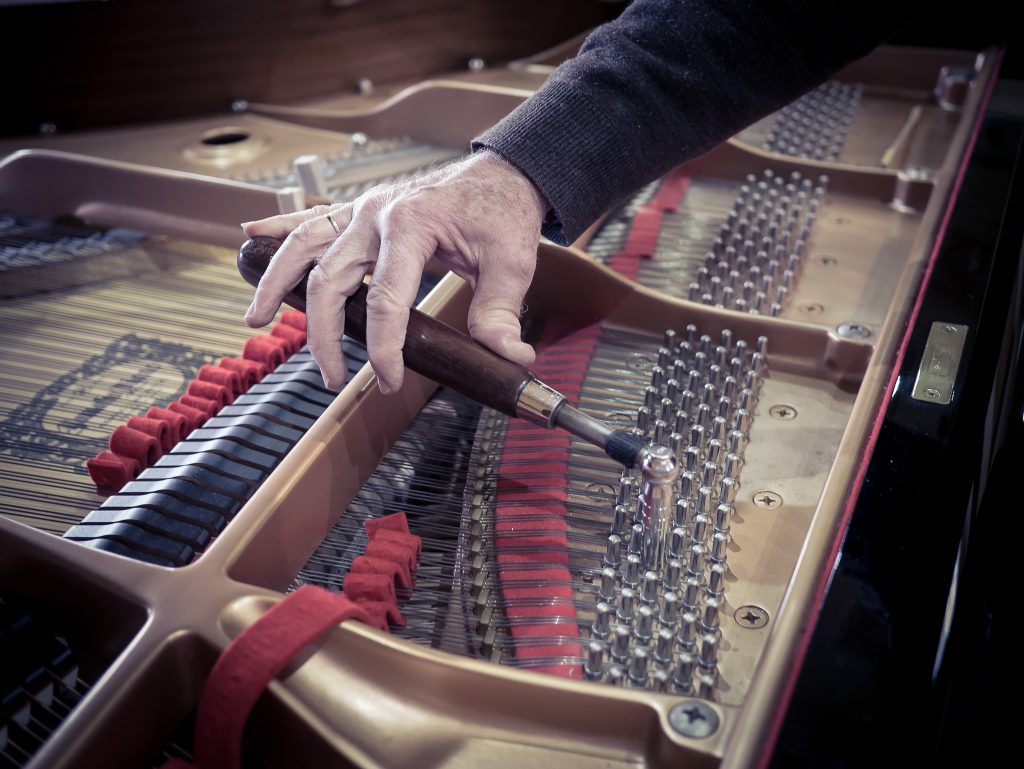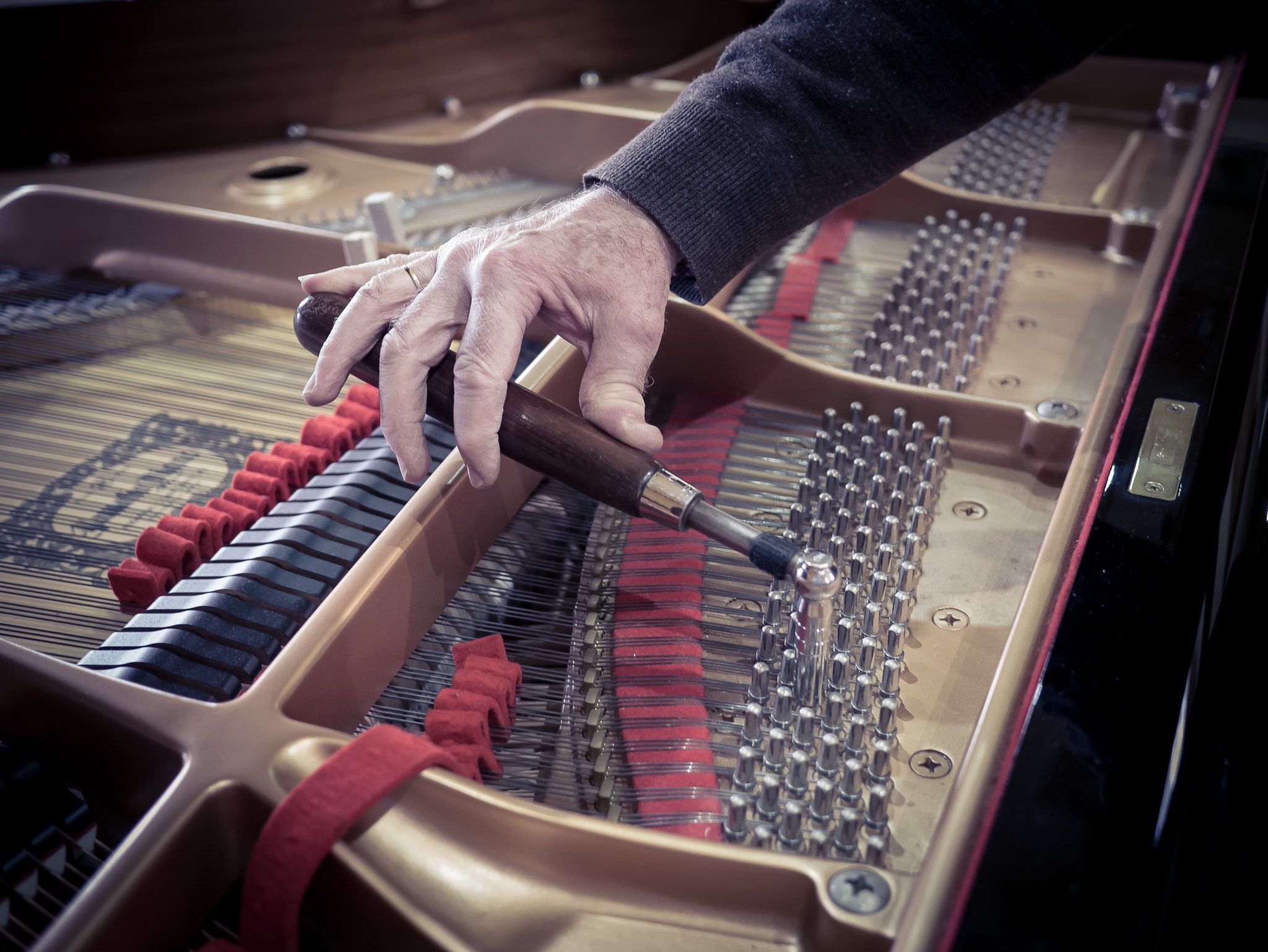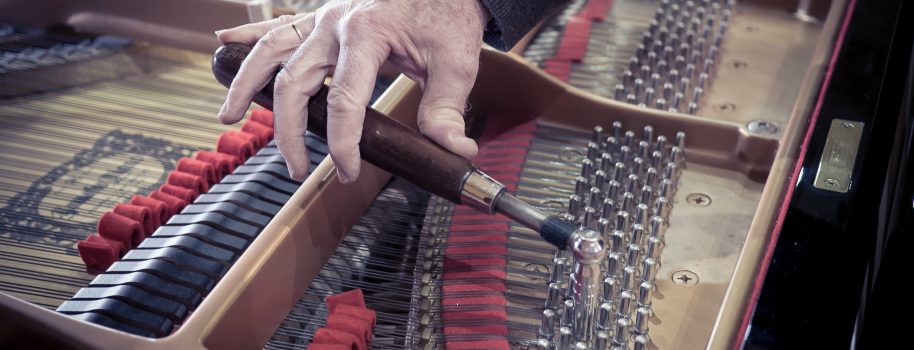Soft and hard tuning are terms mainly used to refer to the tuning of a piano. They depend on the strength of the string tension. In the case of soft tuning, the tuner pulls the strings weaker, making the instrument’s sounds more muffled and quiet. On the other hand, in the case of hard tuning. He pulls the strings harder, making the sounds louder and more pronounced.

Is there a difference between soft tuning and hard tuning of a piano?
Soft tuning, or soft or equal temperament. Refers to the process of tuning a piano or grand piano so that all sounds are relatively evenly distributed throughout the instrument. The goal is to ensure that all intervals between sounds are as harmonic and pleasing to the ear as possible. Soft tuning is most often used in contemporary music, and requires the use of electronic microsteps.
Hard tuning, or hard tempering. Is a tuning process in which sounds are adjusted to what is known as even tempering. This means that the intervals between notes are slightly compressed to allow playing in all keys and tonics. This is a consequence of the compromise between different tonalities, which allows playing in different keys without having to constantly tune the piano/piano. Hard tuning is commonly used in classical music.
Is soft tuning better than hard tuning?
It depends on the individual pianist’s preference and playing style but also on the type of music performed or the venue. Soft tuning is preferred in contemporary music, jazz, blues and other genres that require an even distribution of sounds. Hard tuning, on the other hand, is commonly used in classical music. Where it is important to comply with even tempering for different keys.
For studio recordings or live performances, the choice of tuning may depend on the intended sound and sound effects you want to achieve. Some recordings may require soft tuning for a more even sound. While others may benefit from hard tuning to suit a particular style of music.
It cannot be conclusively stated that soft tuning is better than hard tuning or vice versa. The final choice depends on the performer’s preference, musical style and intended sound effect.
You are interested in the topic of piano tuning
Are you curious about how often a piano should be tuned? How long does tuning take and how much does it cost? Check out our guide.



Dear Sir / Madam,
This article is fascinating and to the best of my research just about the only guide which even recognizes a difference between jazz and classical piano tuning. Would you perhaps be so kind as to point me in the direction of any additional reading about these differences? I have looked plenty but as of yet to no avail. I’m a pianist, not a tuner, but still am stubbornly curious to understand this difference a bit more. Any links or books you might suggest? Alternatively perhaps a few additional terms? I’ve searched for tuning plus ‘hard/soft’, ‘jazz/classical’ and am coming up empty handed.
Thank you for your time and with much appreciation,
Peter Land
Hello Peter,
We are very pleased that you liked our article so much. As for the sources on the subject of soft and hard tuning, I confirm that it is a rather poorly known topic. We based our article on publicly available information found on the web, supplemented by information from friendly piano tuners. We are working on a more detailed discussion of this topic, which we hope will appear on our blog soon. We will also try to include links or titles of books that discuss jazz and classical piano tuning in more detail.
Follow this link to check out tuners’ opinions on the difference between jazz and classical piano tuning.